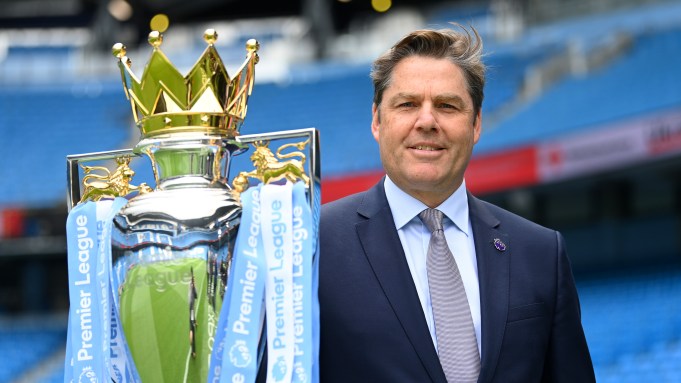Premier League’s Associated Party Rule Changes: A Tightrope Walk
In a landmark meeting held at the luxurious Nobu Hotel in central London, the Premier League’s top brass, including notable figures like Karren Brady, Steve Parish, and Tony Bloom, convened to vote on a contentious issue: the tightening of rules around associated party transactions. This decision, one of the Premier League’s tightest votes, has sparked a significant discussion about the future of England’s top-flight football. Thanks to the comprehensive coverage by Matt Woosnam and co at The Athletic, we have a detailed insight into the tensions and divisions that lie beneath the surface of this elite football league.
Understanding the Rule Changes
The essence of the proposed rule changes is to prevent clubs from engaging in inflated sponsorship deals with related entities and to ensure player transfers within the same ownership group reflect market values. This move, coming two months post the Saudi Arabia-backed takeover of Newcastle United, aims to maintain a level playing field among the clubs. Despite its passage, the decision faces arbitration threats from Manchester City, indicating a significant rift within the league.
The Premier League’s stance, as communicated by chief executive Richard Masters, is that these rules are in full compliance with English law, a point of contention with Manchester City. This disagreement highlights the growing tensions between the league and one of its most successful clubs, already under scrutiny for alleged breaches of financial fair play rules.
Vote Dynamics and Club Positions
The voting outcome, with 12 in favour and six against (two abstentions), underscores the deep divisions among the clubs. Notably, Crystal Palace abstained from the vote, a decision influenced by John Textor’s interest in leveraging his Eagle Football network for cross-club player movements. This vote not only illustrates the complexities of managing such a diverse group of stakeholders but also the challenges faced by Richard Masters in navigating the league’s future direction.
Momentum Towards a New Financial Settlement
Beyond the immediate issue of associated party transactions, the meetings also focused on broader financial concerns, including the Premier League’s Profitability and Sustainability Rules and a potential ‘New Deal’ with the EFL for revenue sharing. These discussions, aiming to redistribute wealth across the football pyramid, reflect a concerted effort to address the financial disparities in English football.
The Road Ahead
As the Premier League and its clubs grapple with these complex issues, the focus remains on finding a balance that ensures competitive integrity while accommodating the varied interests of its members. The legal challenges, internal disagreements, and ongoing negotiations with the EFL all point towards a period of significant change and adaptation for English football’s governing body.
The decision to tighten rules around associated party transactions, while contentious, represents a critical step in this journey. As we watch these developments unfold, it’s clear that the Premier League is walking a tightrope, trying to maintain its global dominance and internal equity. The outcomes of these discussions and decisions will undoubtedly shape the future of English football.



